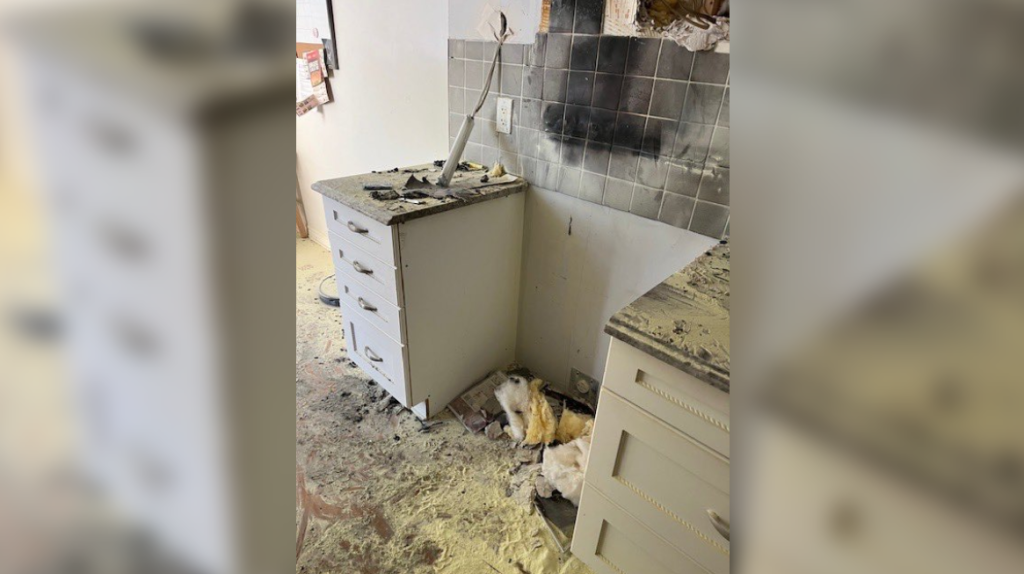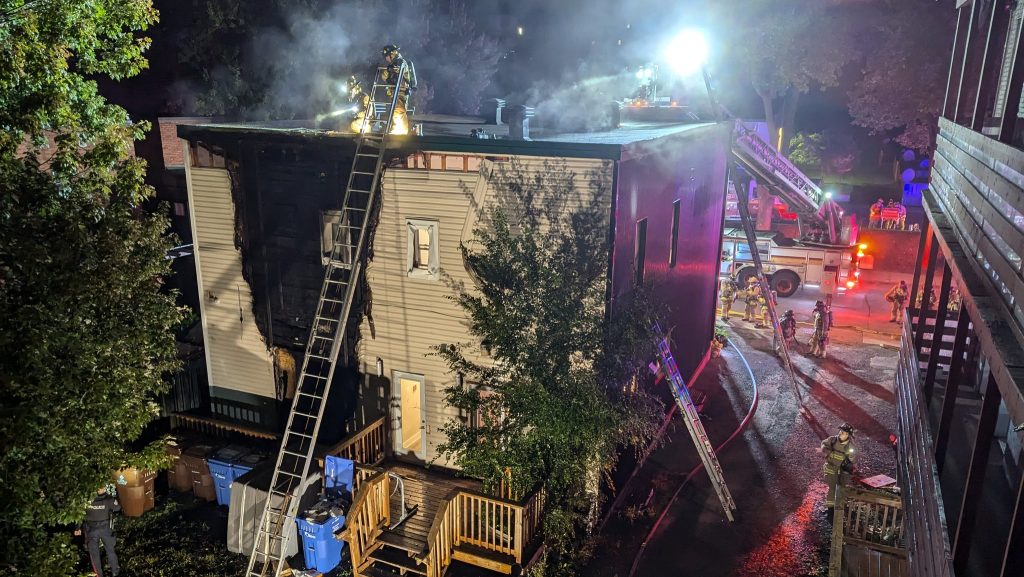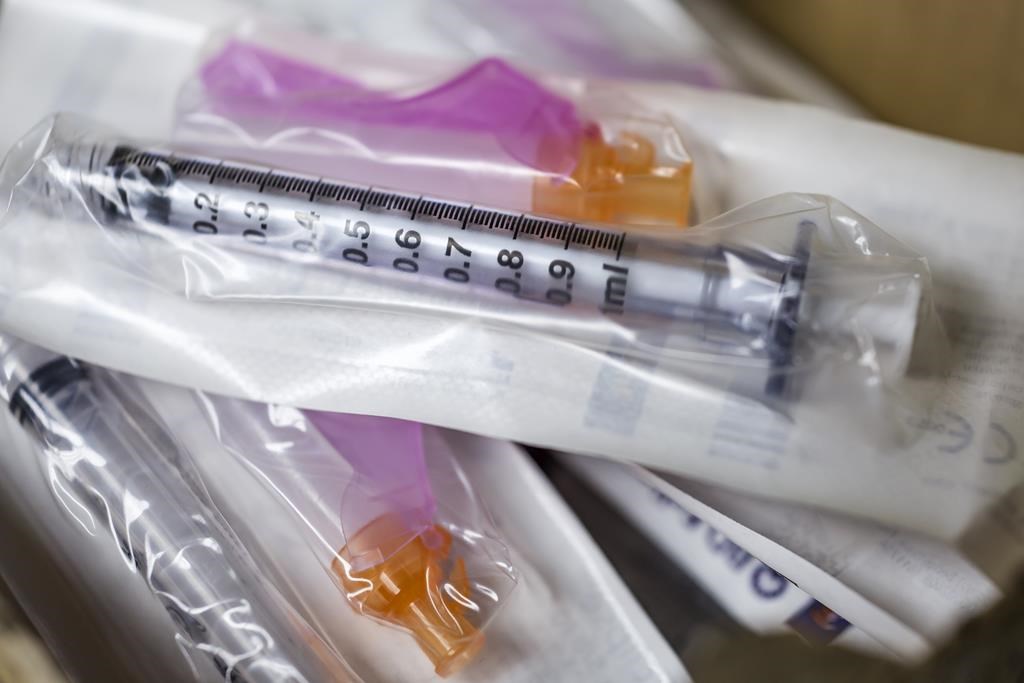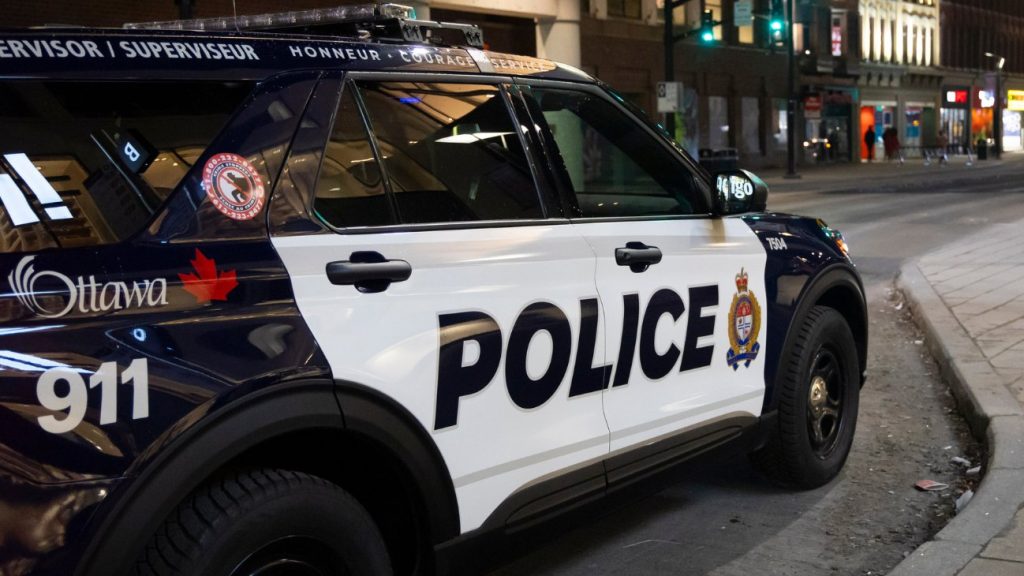Ottawa’s new three-item garbage limit comes into effect end of September
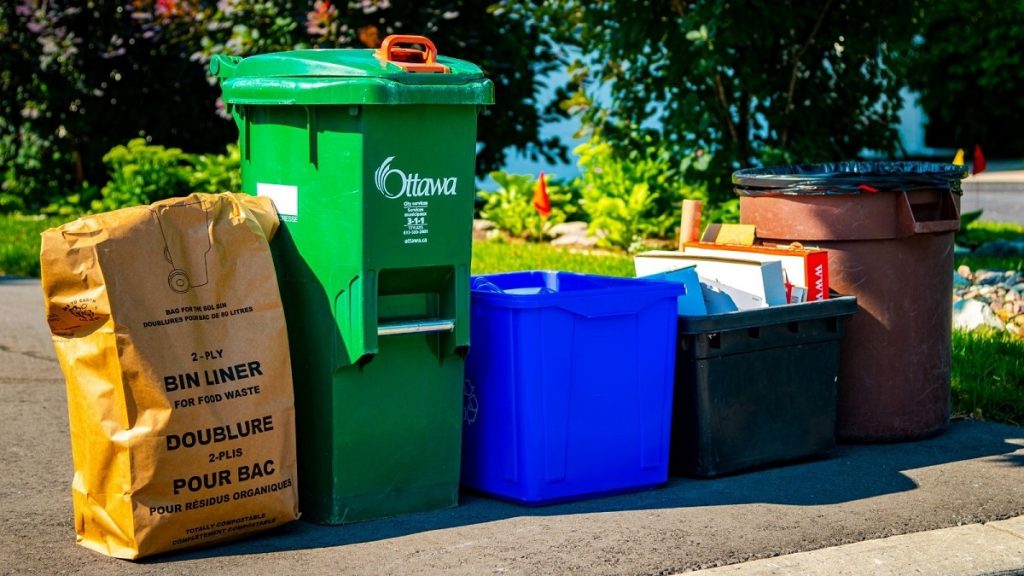
Posted Sep 10, 2024 03:59:23 PM.
Last Updated Sep 11, 2024 11:41:06 AM.
The City of Ottawa will be introducing a new three-item garbage limit on September 30, in efforts to reduce waste build up at the city-owned Trail Road Waste Facility.
This change will also work to minimize collection and disposal costs, and reduce greenhouse gas emissions, wrote the City of Ottawa in a press release.
There continues to be no limit on how much waste can be left out through curbside recycling and green bin programs — with the garbage limit applying to residential curbside pickup only.
In efforts to stay within the three-item limit, the city suggests a combination of the following accepted garbage items:
- A garbage bag – waste can be placed in black garbage bags that can weigh up to 33 pounds.
- A garbage container – several small bags can be put in a container up to 140 litres or 33 pounds.
- A bulky item – any item that doesn’t fit in a garbage bag or bin can be put out, such as a piece of furniture.
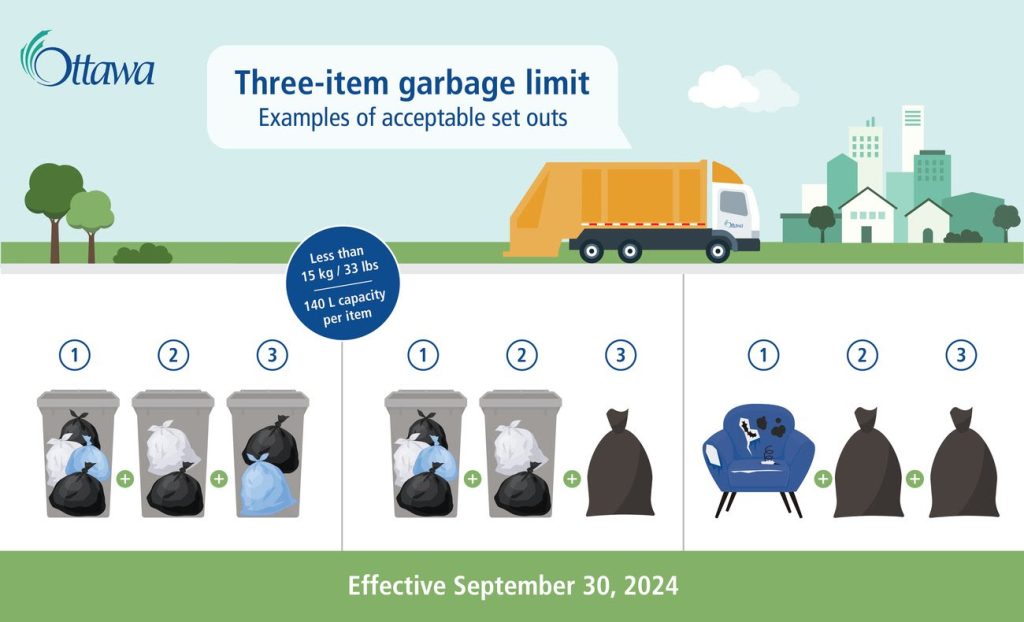
Ottawa’s plan to combat waste-related challenges
City Council approved a new Solid Waste Master Plan in June 2024, that will guide how the city sustainably manages solid waste over the next 30 years.
While Ottawa’s population is forecasted to reach 1.5 million by 2053, the amount of waste is expected to rise by 31 per cent, noted the City.
Based on data, Ottawa estimates that the Trail Waste Facility landfill will reach capacity between 2034 and 2035, if resident’s disposal habits remain unchanged.
In response, the City of Ottawa’s Solid Waste Master Plan has been created to address these waste-related challenges as Ottawa’s population grows.
The plan lists 50 actions that will work to “divert waste from the landfill, recover resources and energy from the remaining garbage, and dispose of residual waste in an environmentally sustainable way,” wrote the city on their website.
Latest in local news
The City of Ottawa anticipates that these actions will reduce waste by about 31,000 tonnes over the next three decades.
Additionally, the action plan is expected to divert almost one million tonnes of waste from the landfill, and is predicted to extend its life by 14 years.
“It will also reduce greenhouse gas emissions by more than 9,000 tonnes of CO2 equivalent, the same as removing 2,750 passenger vehicles from the roads each year,” said the city.
Over-limit costs and exceptions
Those who are unable to meet the garbage limit can purchase City of Ottawa yellow bags — costing $4.40 each — as a part of the Residential Yellow Bag Program, wrote the city.
Yellow bags will be available in September or early October. More details can be found here.
Residences that generate unavoidable waste from diapers, incontinence products and/or home healthcare waste that are going above the bi-weekly three-item garbage limit, can sign up for the Special Consideration program.
This program was designed for households requiring collection on weeks without scheduled garbage collection.
As a part of the program, residents can place one bag of diapers and incontinence products or home healthcare waste out for collection on the alternating week from regular garbage collection.
According to the City of Ottawa, the following items are accepted:
- Diapers
- Incontinence products
- Casts
- Catheters
- Colostomy bags (empty and rinsed)
- Disposable pads
- Gloves, masks, gowns, and aprons
- Dialysis waste like tubing, filters, disposable towels and, sheets
- Gastric and nasal tubes (empty and rinsed)
- IV bags and tubing (empty and rinsed)
- Used dressings (not blood saturated)
Additionally, from April 1 to May 31 each year, residential agricultural properties are exempt from the three-item garbage limit.
Agricultural properties must use the waste diversion programs — including recycling and green bins — during garbage collection to qualify for this exemption.
